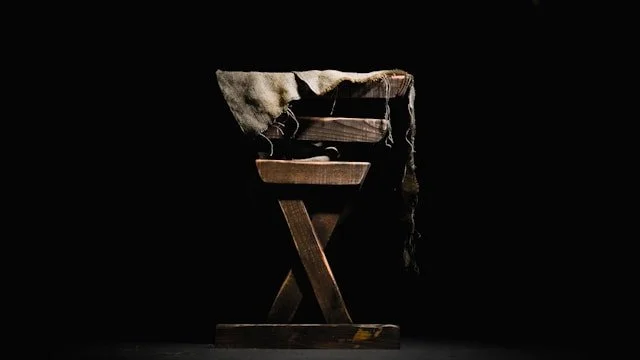1. How Much Money Do You Save by Cooking at Home? Priceonomics analyzes the cost of buying groceries and cooking at home compared to restaurants and meal kits. The old fashioned way wins by a landslide.
2. When You Don’t Feel Like Giving Thanks: An Thanksgiving reflection from Sabrina MacDonald, full of grace and wisdom, “Even when you don’t feel like giving thanks, God is honored by what the Bible calls a “sacrifice of praise.” Hebrews 13:15 (NASB) says, “Through Him then let us continually offer up a sacrifice of praise to God, that is, the fruit of lips that give thanks to His name.” A sacrifice is an offering that hurts to give. Thanksgiving in good times is simply a response to the goodness of God, not a sacrifice. But to honor God in times of suffering, that is an offering far more valuable.”
3. A Time of Reckoning for the Sexual Revolution: Mary Eberstadt suggests that the #MeToo Movement has made the emptiness of the sexual revolution undeniable: "What the MeToo moment proves above all is that the time for magical thinking about the sexual revolution is over. Until now, many people simply accepted the realities of the post-Pill world as non-negotiable facts. It’s time to challenge that worldview as one that lacks moral and intellectual maturity."
4. What the 40 Year Old Famous Christian Leader Would Tell His 20 Year Old Self: I so appreciate David Platt's wisdom, "My encouragement to my twentysomething self, or other twentysomethings — or anybody, for that matter — is to surrender to the Lord, abide in him, and rest. Trust him as he leads and guides and directs. And Lord willing, our lives will be spent for his purposes."
5. 3 Ways Porn Injures Us: Among those ways, Jesse Mason tells us is how porn punishes, "The person who does awaken from the degradation of porn will inevitably be crippled from running away. The brain will insist that in order to cope with distress or “low” feelings, it must have more porn to “boost” the good hormones. If someone can move beyond that and somehow wrestle those demons (via accountability or a recovery program), the biggest hindrance still awaits at the door: shame."
6. The Grind of School Debt: This long-form first-person article by MH Miller may not seem like it's worth the investment of time, but Miller does a great job of helping you to feel the weight of the impact of educational debt to an average middle class American. In the midst of his struggles, Miller asks, "I’ve spent a great deal of time in the last decade shifting the blame for my debt. Whose fault was it? My devoted parents, for encouraging me to attend a school they couldn’t afford? The banks, which should have never lent money to people who clearly couldn’t pay it back to begin with, continuously exploiting the hope of families like mine, and quick to exploit us further once that hope disappeared? Or was it my fault for not having the foresight to realize it was a mistake to spend roughly $200,000 on a school..."














